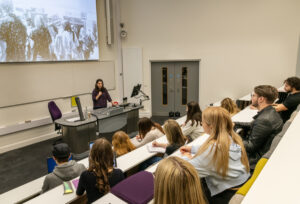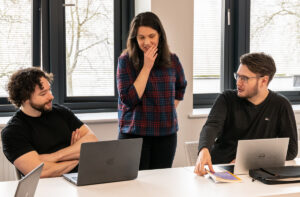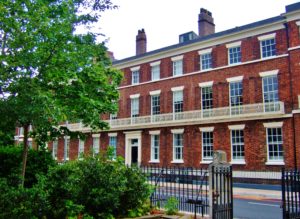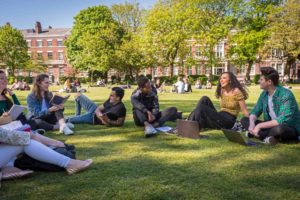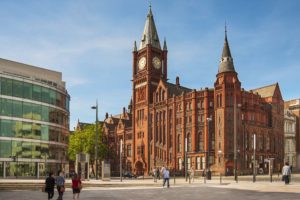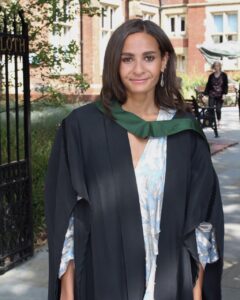How you'll learn
WHY STUDY ART AND PHILOSOPHY AT LIVERPOOL?
- Our students’ study in a city renowned for its rich history of culture, protest and philosophical debate
- Liverpool is a key cultural hub of the United Kingdom, with more museums and art galleries than any other city outside of London.
- Our friendly, down-to earth atmosphere makes the exchange of ideas enjoyable as well as intellectually stimulating
- The hands-on approach to theory introduces you to a range of careers and opportunities that exist within the sector and allowing you to conduct a case study on a key topic of
- Our department is ranked 4th in the sector for outstanding (4*) research impact (REF 2021)
- We work as part of our amazing city; working with partners in the Bluecoat Gallery, Tate Liverpool, National Museums Liverpool, NHS and more to inspire our thinking and the practices of our communities
- A diverse cohort of UK and international students to learn alongside, with backgrounds in a variety of subjects including Philosophy, History of Art, Fine Art, English, Business, and many more
How you're assessed
Assessment is by submitted coursework; there are no exams. Other assessment methods also include group presentations, a reflective log on your placement, and a dissertation.
Liverpool Hallmarks
We have a distinctive approach to education, the Liverpool Curriculum Framework, which focuses on research-connected teaching, active learning, and authentic assessment to ensure our students graduate as digitally fluent and confident global citizens.
The Liverpool Curriculum framework sets out our distinctive approach to education. Our teaching staff support our students to develop academic knowledge, skills, and understanding alongside our graduate attributes:
- Digital fluency
- Confidence
- Global citizenship
Our curriculum is characterised by the three Liverpool Hallmarks:
- Research-connected teaching
- Active learning
- Authentic assessment
All this is underpinned by our core value of inclusivity and commitment to providing a curriculum that is accessible to all students.
